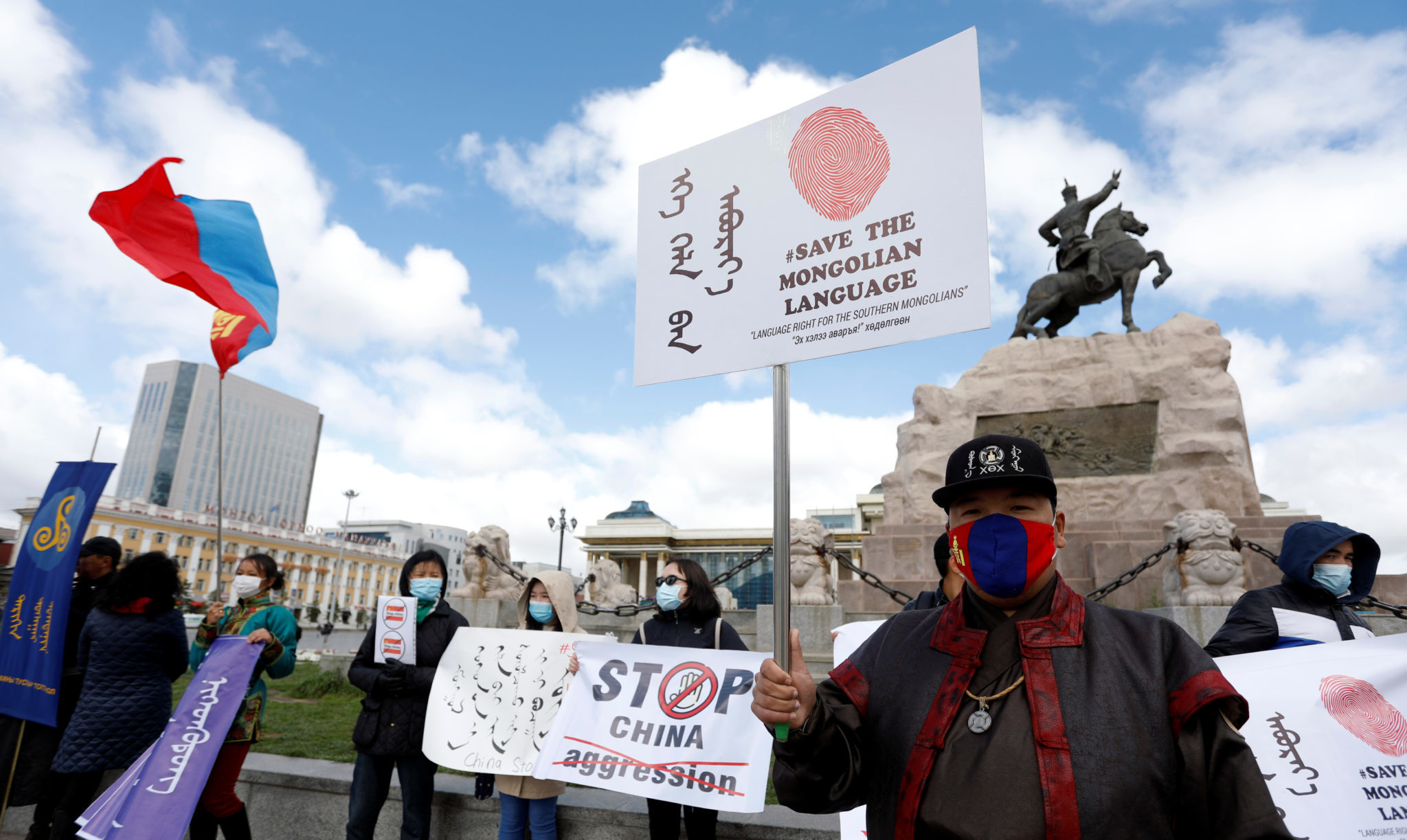In reality, the Chinese Communist Party (CCP) Chairman Xi Jinpings policy in Xinjiang of «assimilation» resembles more the forced unity of cultural genocide.
Logg inn for å lese videre (abonnenter).
Støtt uavhengige nyheter!
Bli abonnentPluss-artikler blir åpnet 48 timer etter publisering. Artikler som er eldre enn to år er forbeholdt abonnenter.






